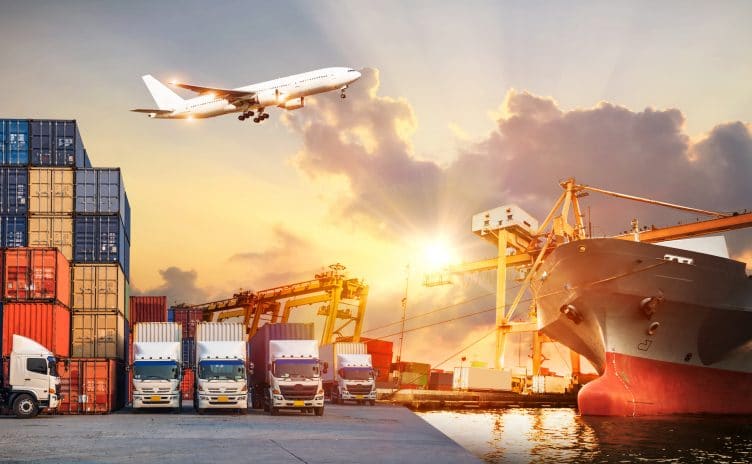Causes of Inefficiency in Specialized Transportation
Causes of Inefficiency in Specialized Transportation

Our line of work involves a lot of people doing their job to successfully move a product from Point A to Point B, C, and sometimes D. Depending on the type of commodity, industry, transaction arrangement, age of product, trans-loading points, method of travel, and other associated factors, the number of people involved with a particular movement can be staggering. A problem we often encounter in specialized transportation projects is, what actually defines someone "doing their job?" It's a relative question that depends on who they report to and what they've interpreted as their role. The point is, each party or vendor operates to maximize their own efficiency- often times with little to no accountability to the end user. What one party may consider a job-well-done could be a costly mistake for another player along the supply chain, or ultimately, the end user.
I understand this isn't some novel discovery. It's a problem that takes on many shapes and angles across a plethora of industries. It does, however, have unique characteristics in transportation. To illustrate a specialized scenario in a second-hand transaction, envision a plant, heavy mining equipment, crane, or industrial parts. The first phase might be to remove it from an existing facility. It gets broken down from unreasonably large dimensions into divisions that make oversized road transportation feasible. From there, it goes to the next shipping point. Sometimes there is only one movement, sometimes there are several depending on whether it enters the rail or ocean corridor and whether it is being exported internationally. Another point of relevance in this type of project is the money trail. Each party, vendor, or collaborator gets paid by, and thus is responsible to, different actors. It's not uncommon for the downline to look something like this: origin location property owner, vendor operating on the grounds, owner/seller of the actual commodity, equipment sale broker, equipment sale co-broker, and ultimately- the buyer or end user. Now, you add service players to the mix: riggers, crane company, transportation broker, trucking company, trans-loading provider, rail or ocean broker, rail/ocean operators, customs brokers, storage facility, and the list can go on ad infinitum. The process can be equally convoluted, regardless of the sale type.
The takeaway from this is, many customers don't think of this logistics process as they would, say, a construction job. In construction, a developer (the customer) introduces a plan of action to build something. From there, a general contractor is hired to oversee all aspects of the building operation. Everyone ultimately answers to "one guy." There are, of course, challenges in regulating performances and trickle down effects at play there, but at the end of the day, the contractor has to answer back to the customer for all aspects of the operation. Specialized transportation doesn't always have that same level of clarity as to who is in charge. The process often relies on the communication channel (or lack thereof) and flow of money between unassociated parties to guide a successful outcome. Bob the site owner hired Joe the crane operator. Ted the buyer hired Franky the the rigger. Francis the sales broker hired Mr. Rodgers the truck driver. Mr. Rodgers gets a flat tire from the loose metal the site operator left out. The downtime of the truck costs downtime for the crane, the downtime of the crane costs downtime for the rigger, etc, etc, etc. It is a process that, everyone hopes gets worked out in the best way possible, but because each party is responsible to someone different, the interpretation of a positive outcome is different. The reality often is, each player will naturally make decisions that offer the most favorable outcome to themselves- not the end user.
As a financial player in these situations, it's important to understand the potential affects of this. Often times, mechanisms that seem to be cost-saving strategies, turn out to be expensive back-end mistakes. Sometimes, companies paying the bills for this type of work have little to no knowledge of the logistics processes associated with a particular shipment. Letting a seasoned consultant or all-inclusive solution provider analyze and/or perform the job can put the responsibility of success in the hands of one, rather than in the hope of many. To casually expand on this when selecting a qualified logistics professional, I've found a popular LinkedIn meme that is so very relevant to this process as well, "Pick 2 out of the 3 options: Cheap, Fast, Good. If you choose cheap and fast, it won't be good. If you pick fast and good, it won't be cheap. If you choose good and cheap, it won't be fast!
Feedback and discussion from industry professionals and/or those inquiring with curiosity are always welcome to comment and/or expand on this.
Causes of Inefficiency in Specialized Transportation Read More »
